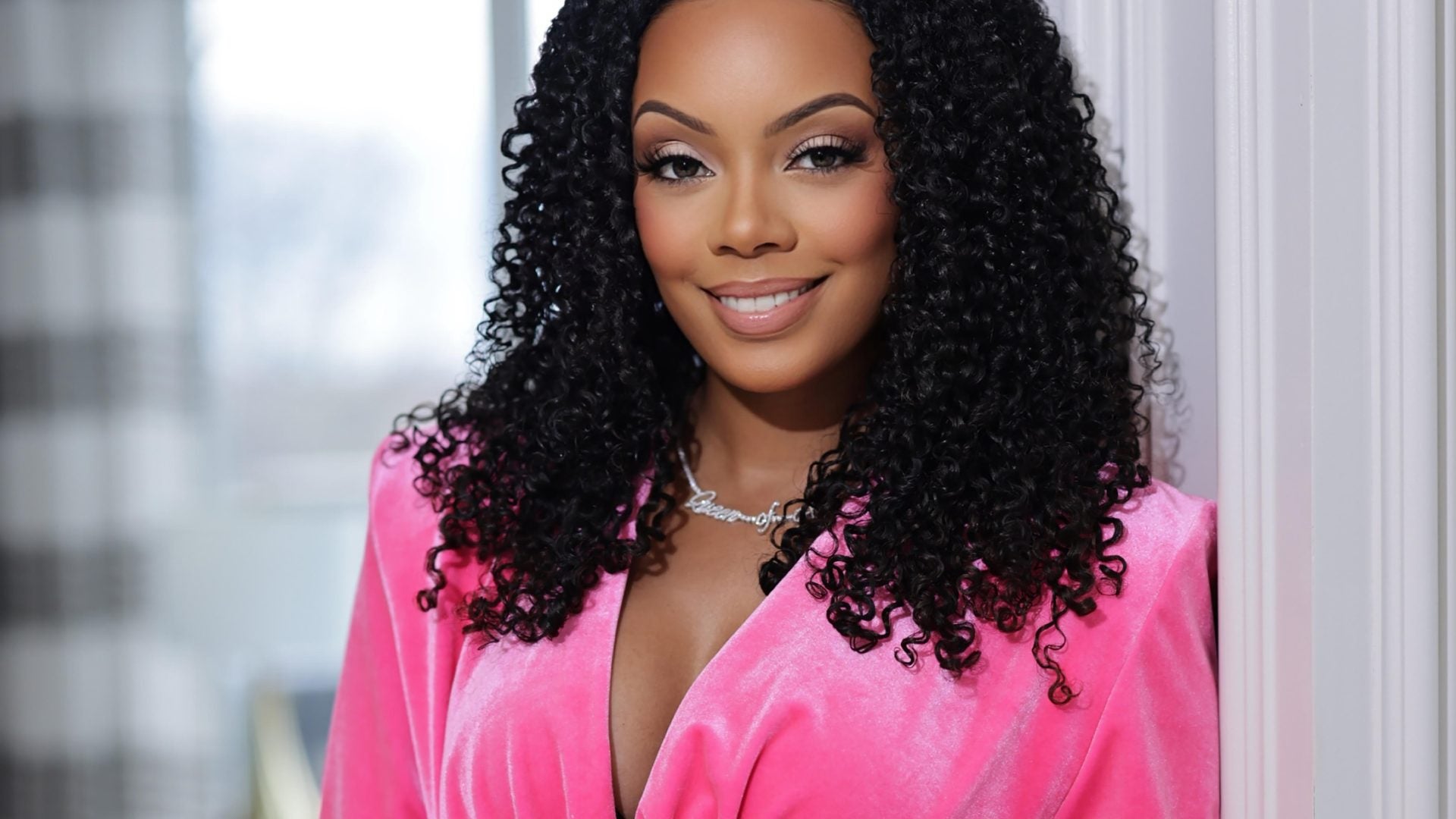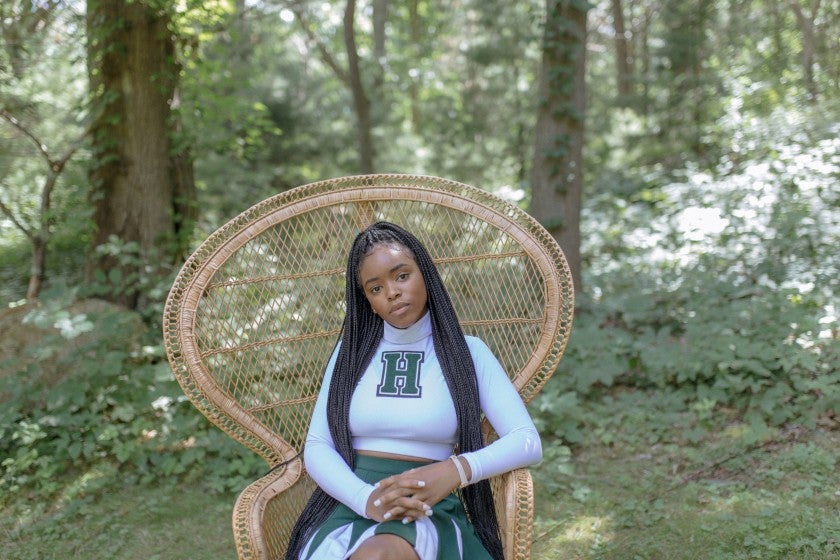
Selah and the Spades captures the private school life of teenagers in an age soundtracked by the likes of the Weeknd, who’s known to sing the virtues of molly and lean in his moody music.
This debut from director Tayarisha Poe doesn’t use any Weeknd songs. But its characters run parallel with the pill-popping high schoolers on last year’s Euphoria and the drug-experimenting college kids on Grown-ish. The bygone days of (unrealistically?) sober students on A Different World or John Hughes’ movies from the ’80s are long gone. Kids using drugs is such a given that the story of Selah and the Spades doesn’t even rise or fall on this fact.
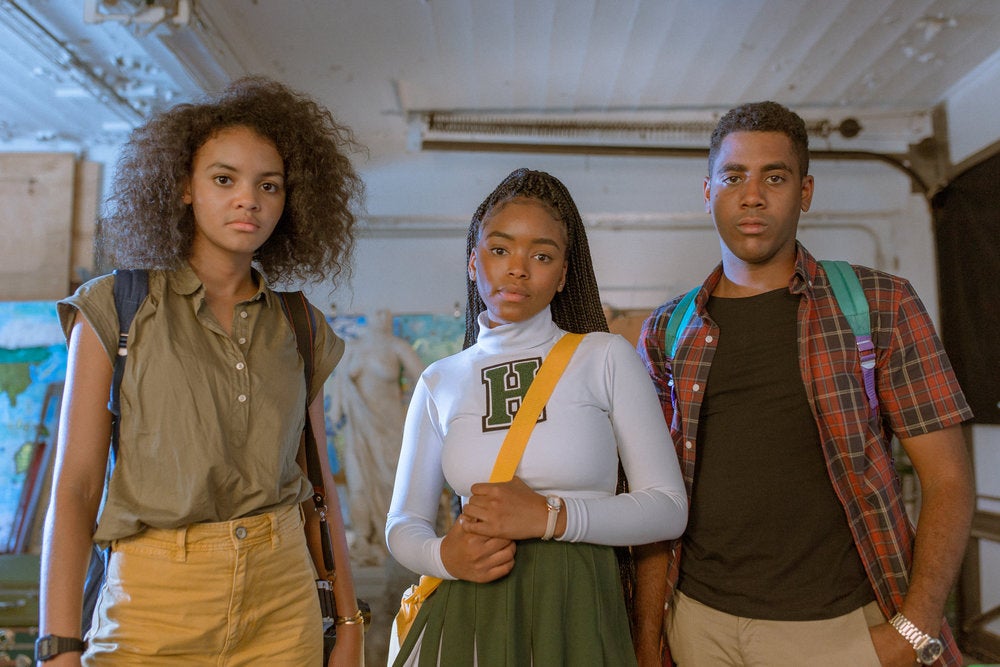
Selah Summers is a senior at the Haldwell School, a fictional Pennsylvania boarding school where she runs the Spades, one of five factions of students in charge of illicit activity on campus. Collectively, they sell test papers, throw secret parties and provide all the pills and cannabis interruptus anybody needs to make it to graduation. Selah (played by Greenleaf’s Lovie Simone) and the Spades handle the drugs.
With college looming, Selah sees her reign as a big fish in a small pond coming to an end. Selah and the Spades tells the story of her grappling with the status she’s about to lose, and how poorly she deals with her change of fortune in the distance.
As a first-time writer-director, Poe bathes all the cheerleaders and prom dates of Selah in the soft lighting expected from a film full of teenage life at an elite prep school. Unexpectedly, smartphones aren’t a constant presence (no one texts in the film even once) and the multicultural student body at Haldwell never wrangles with race. The young Black scholars assumedly hail from moneyed backgrounds, and the school is presided over by a Black headmaster (Jesse Wiliams). The cliché of culture shock has nothing to do with the film, a super welcome surprise.
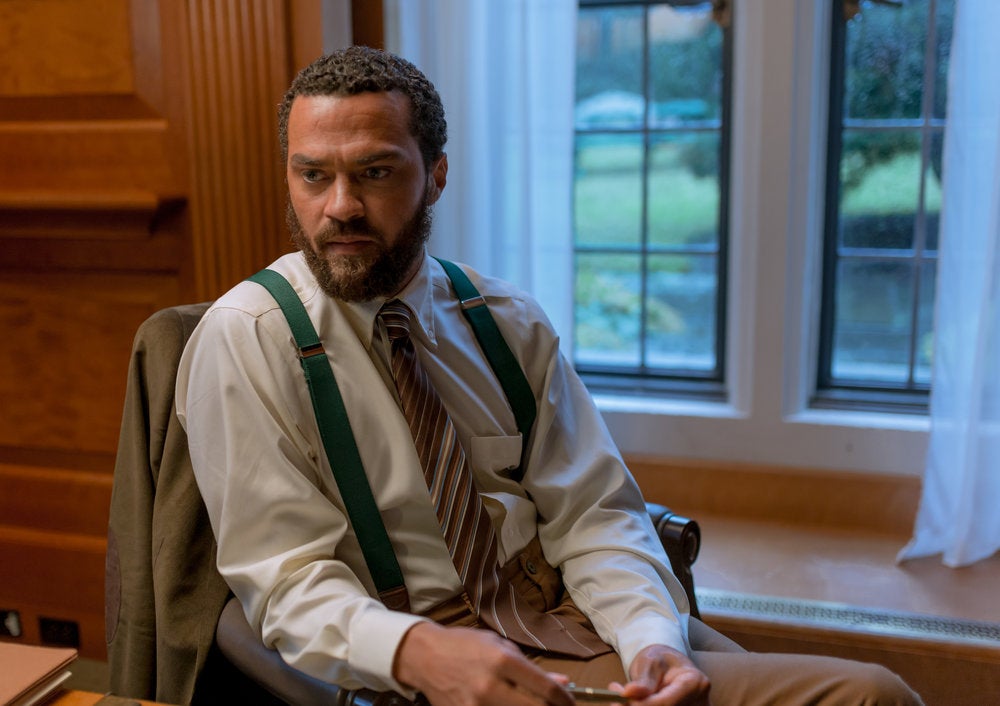
Paloma (Celeste O’Connor), a transferred sophomore and amateur photographer, kicks the movie into gear as the wide-eyed apprentice under Selah’s wing. Emmy-winning Jharrel Jerome (Moonlight, When They See Us) plays Maxxie, Selah’s platonic bestie and literal partner-in-crime. A clash between Maxxie and protégée Paloma as they jockey for Selah’s attentions seems inevitable from the start. But the specifics and severity of the conflict take things into interesting territory, making Selah and the Spades a hypnotic watch. Poe’s ambiguous ending, with a surprise reveal into Selah’s dark heart, still feels rewarding without a more straightforward finale.
Rivalries and the cruelties of high school life have been covered before by movies like Bring It On. What sets Selah and the Spades apart is that the film feels like a gangster movie with a boarding school backdrop. Selah is like the Godfather—except for when she travels home, where her mother forces her to attend a college she’s uninterested in against her will. Only then do we get the fullest view of who she is outside of the Selah she wants everyone else to see.
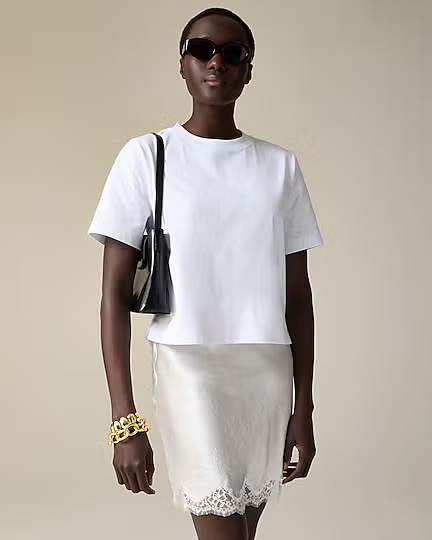






With Selah and the Spades, Poe seeks a certain amount of compassion and empathy for a lead character full of faults—and succeeds.


